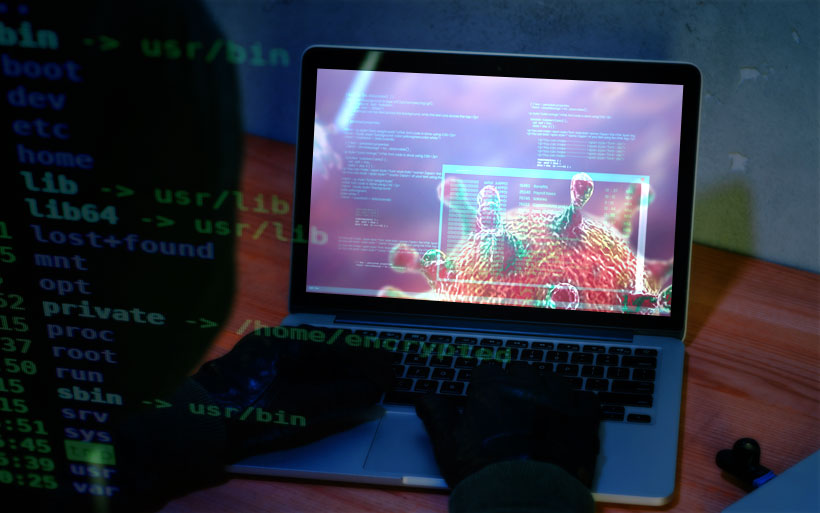Resumption of Work After the COVID-19 Lockdown Period and an Approach to Attaining Herd Immunity While Suppressing the EPI Curve – in the Philippines
“Resumption of Work After the COVID-19 Lockdown Period and an Approach to Attaining Herd Immunity While Suppressing the EPI Curve- in the Philippines” is a new paper written by DKI APCSS alumni Noel Miranda for Security Nexus. In this paper, Miranda details the steps taken in the Philippines to decrease the EPI-Curve, while implementing a strategy to obtain herd immunity, and urges decision makers to implement the use of the identified pharmaceutical/biological approaches to COVID-19. Excerpt: The duration of this COVID-19 epidemic could last up to 2022. This means we should be constantly suppressing and flattening the curve for that entire [...]









